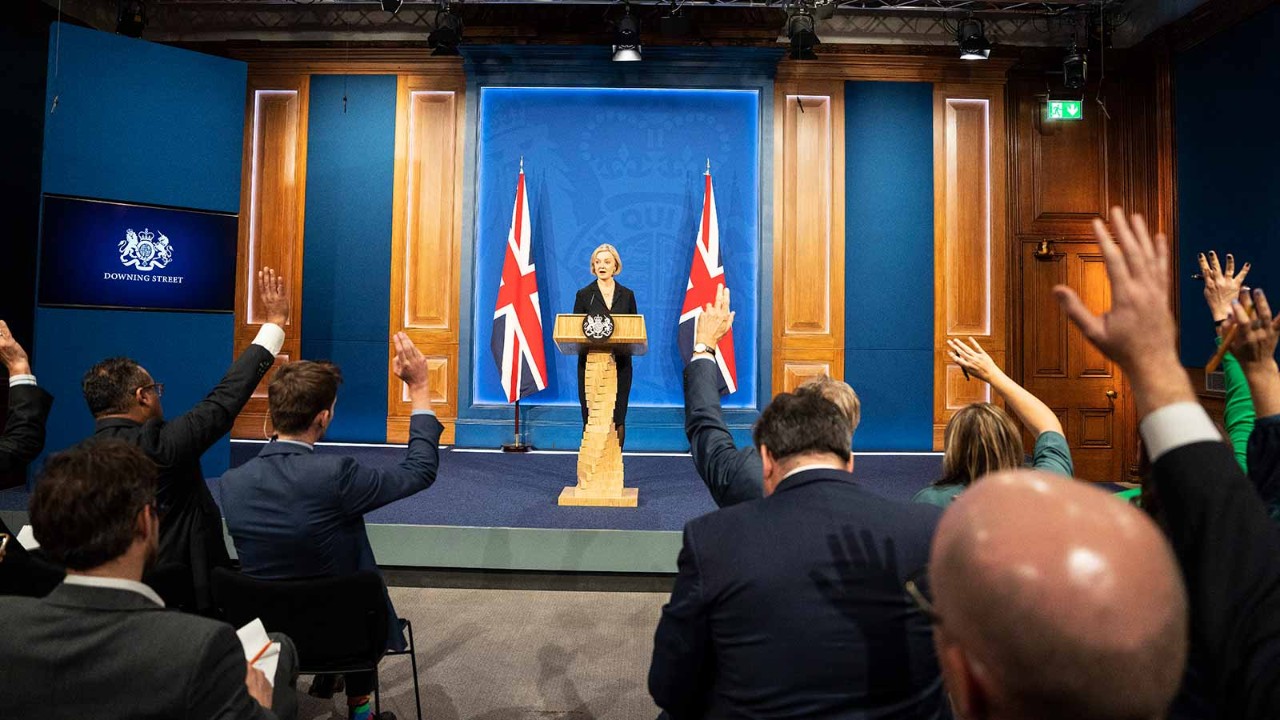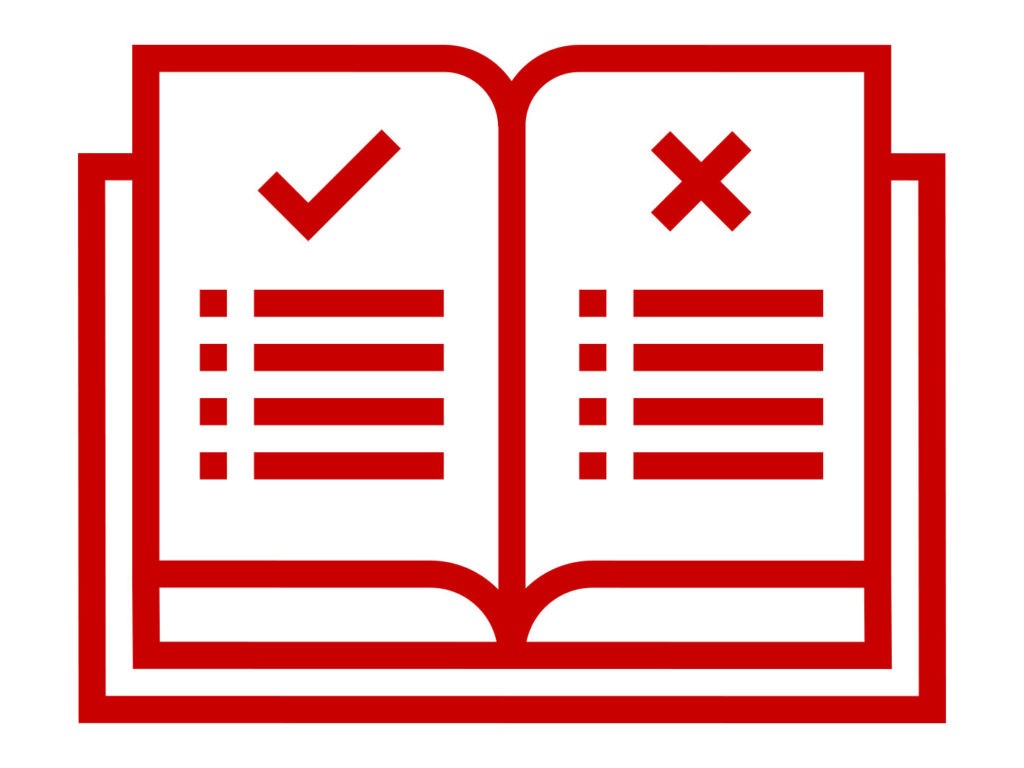
While the markets and the pound were reeling and tumbling from the headline changes in the former Chancellor of the Exchequer's doomed budget, one small item crept through almost unnoticed. In the small print, Kwasi Kwarteng announced that ‘for the tax system to favour growth, it needs to be much simpler’ and to further this objective he was abolishing the Office of Tax Simplification (OTS).
Then a few days later, in his speech to the Conservative Party conference, he announced: ‘Rather than bashing business, we are backing it. That is why we need to make our tax system simpler, more competitive and pro-growth.’
That, of course, was precisely what the OTS already does and has done for years. The OTS has been running for over a decade and, in the words of Susan Ball, president of the Chartered Institute of Taxation and tax partner at RSM: ‘It’s been going 12 years and it’s done great work’.

Abolishing another advisory body is part of the trend to becoming increasingly authoritarian
Indeed, it is in the middle of a call for evidence on hybrid and distance working, and any pressures they put on existing tax rules and guidance. You couldn’t look for a more central tax issue for the economy post-Covid.
And throughout its short history it has produced enormously useful and thoughtful work on everything from inheritance tax to property taxes. Less than a year ago, in a review of its work, the financial secretary to the Treasury said: ‘The opportunities for simplification identified by the OTS play a key role, offering specific changes to improve the experience of taxpayers.’
Scramble and shambles
Like most decisions from politicians – not least Kwarteng's budget announcement – it has been a short-term scramble. On 23 September, the abolition of the OTS was announced. But a few weeks earlier, on 23 August, it had been announced that posts for two further board members were to be advertised.
‘Ideally candidates will in particular bring skills and expertise relevant to the modern world of tax – such as customer transformation or service digitisation, alongside an open mind and keenness to simplify the UK tax system,’ said the advertisement.
Exactly what anyone with any sense would want. But sense is far from this imbroglio. In the words of tax veteran George Bull, former senior tax partner at RSM: ‘It seems folly to dispense with an independent body that could have helped the chancellor improve the way the tax law he was advocating is developed and applied’.
Without independent views, the great monoliths hunker down and only listen to themselves
Authoritarian direction
And that, perhaps, is at the heart of this. The government has previous on this. It abolished the Industrial Strategy Council, another independent body that it had set up, in March 2021. The problem? It advised on industrial strategy, a key policy, and was intended to report on an annual basis on whether it had measured up to its promises.
It was supposed to hold the government’s feet to the fire and be forthright in judgment on whether the government had achieved its objectives. It was abolished just before it was due to report. It was Kwarteng, then business secretary, who did the deed.
The same problem may well have triggered the demise of the OTS. The OTS is a statutory body and sits within the Treasury and HMRC but is independent of them. The government doesn’t like that.
Listen to people
The move is indicative of the government's prevailing lack of humility. Abolishing another advisory body is part of the trend to becoming increasingly authoritarian.
The point of an independent body is that, well, it is independent. ‘I’m not convinced the Treasury and HMRC are able to do what the government wants,’ Ball says. Without independent views, the great monoliths hunker down and only listen to themselves.
‘The OTS,’ says Bull, ‘has been such a good body for making life easier for taxpayers and tax authorities, trying to get decent-looking tax laws.' Overall, this affair has been a really nasty shambles and the abolition was completely unnecessary. ‘It all sounds spiteful,’ said Bull. It is certainly not a way to achieve a simpler tax system.
Public trust
Read about ACCA's report on the public's trust in tax



